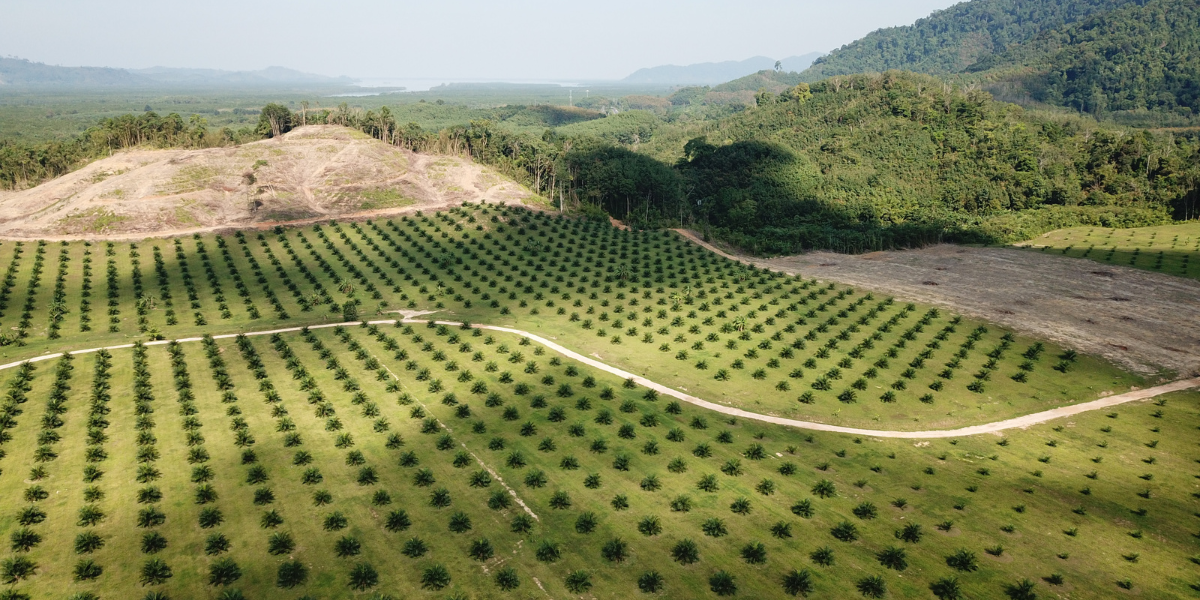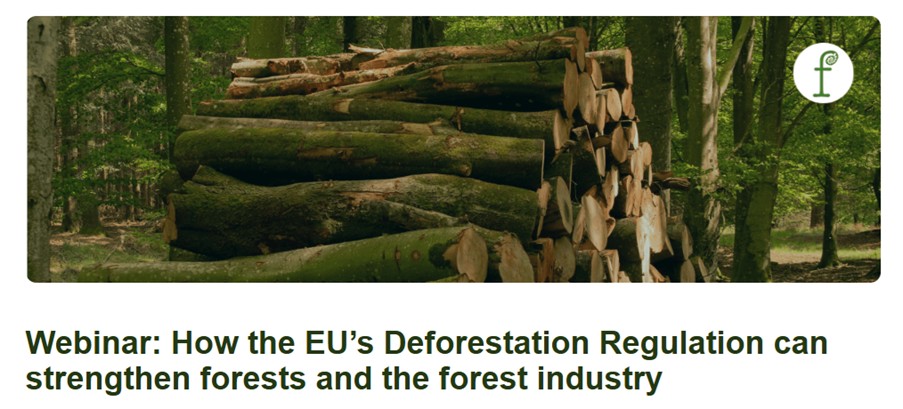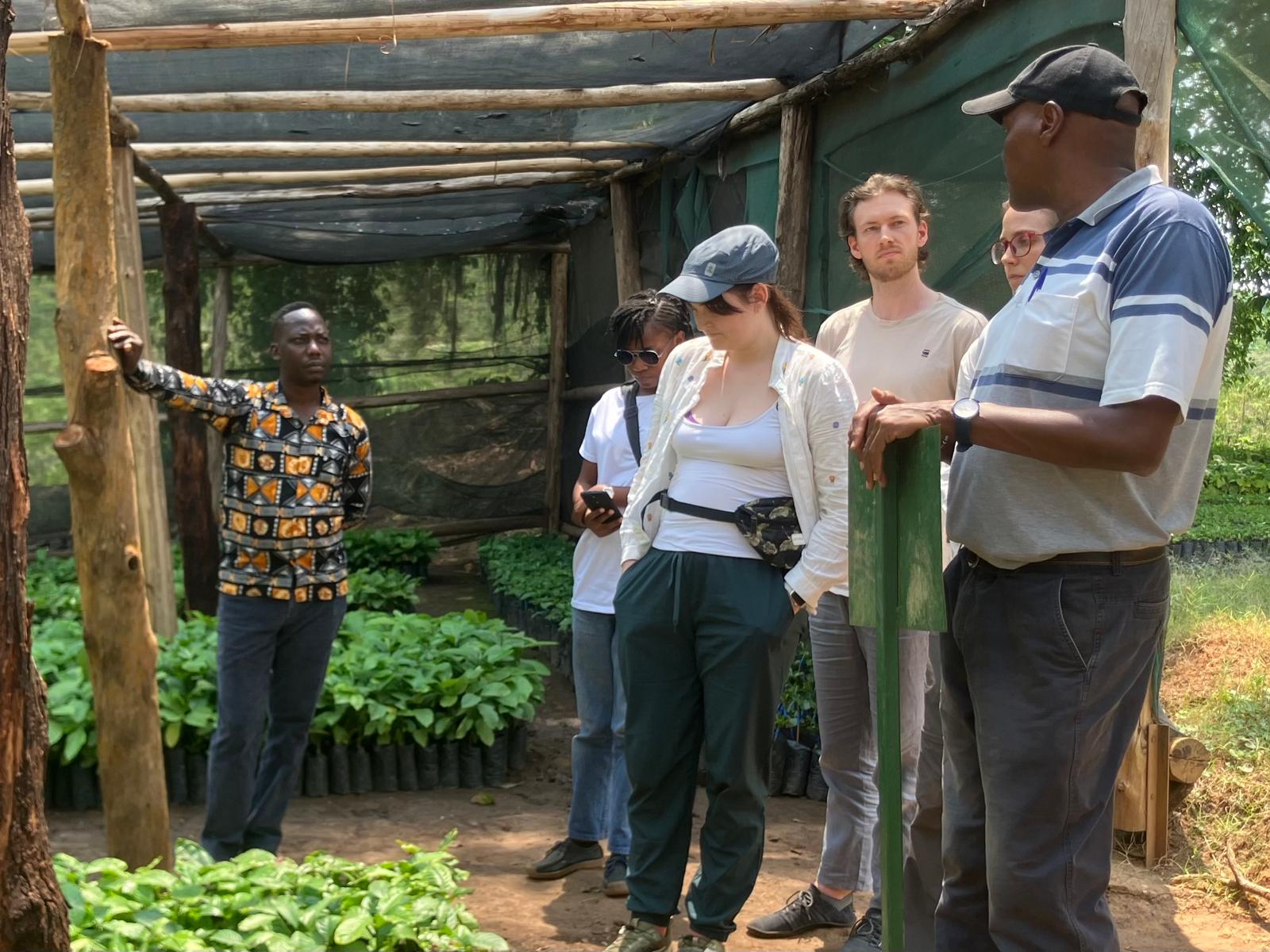In recent years, Voluntary Sustainability Standards (VSS) have emerged as part of corporate responsibility to support environmental and social sustainability. They are widely adopted to facilitate deforestation-free supply chains.
The European Union Deforestation-free products Regulation (EUDR) aims to combat deforestation and forest degradation associated with the trade of forest-risk commodities, including cattle, cocoa, coffee, oil palm, rubber, soya, and wood.
How do the existing Voluntary Sustainability Standards align with the due diligence required by the EUDR?
EUDR and Voluntary Certification Schemes: a gap analysis
A paper recently published by the Department of Land, Environment, Agriculture, and Forestry at the University of Padua, a partner in the EMMA4EU project, analyzed this issue.
As for now, the EUDR recognizes certification and other third-party verified schemes as supporting tools for due diligence. Some organizations advocate for greater recognition to demonstrate compliance, while others doubt their effectiveness.
All of the evaluated schemes covered most of the indicators from the framework, but they do not entirely prohibit deforestation and forest degradation. They also vary in their coverage of the legislation outlined in the EUDR and need to improve their systems to ensure compliance with the standards. Consequently, the study concluded that the evaluated VSS schemes do not consistently comply with the EUDR.
This study does not recommend abandoning VSS schemes, as many offer broader frameworks for sustainable commodity production and trade. However, the private sector must implement robust Due Diligence Systems (DDS) to complement VSS schemes and comply with the EUDR.




